Introduction
As new parents, we strive to provide the best nourishment for our babies, and breast milk is often hailed as the gold standard. While the traditional image of breastfeeding involves direct nursing, many parents are turning to exclusive pumping as an alternative. This method, which involves expressing breast milk and feeding it to the baby via a bottle, offers a variety of benefits and challenges. In this comprehensive guide, we explore why more parents are choosing exclusive pumping, the hurdles they face, and the advantages it provides.
Why Parents Choose to Exclusively Pump
Medical Reasons
Breastfeeding directly from the breast is not always possible for every parent. Medical conditions and treatments can make direct nursing challenging or inadvisable. For example, parents undergoing radiation treatment, those who have had certain breast surgeries, or those taking specific medications may find breastfeeding difficult. According to the New York Department of Health, conditions such as active tuberculosis (TB), active herpes lesions, and varicella (chickenpox) can also necessitate exclusive pumping instead of direct nursing. Consulting with a healthcare provider can help determine the best course of action for each individual situation.
Lifestyle Considerations
For many parents, lifestyle factors play a significant role in the decision to exclusively pump. Balancing the demands of work, family, and personal time can make direct breastfeeding challenging. Exclusive pumping provides flexibility, allowing parents to maintain a steady supply of breast milk while managing their busy schedules. Shafonne Myers, a mother from Indiana, found that exclusive pumping fit better with her lifestyle, especially when traveling. She noted the convenience of being able to pump in the car during long drives, a task that would be much more complicated with direct nursing.
Challenges of Exclusive Pumping
Time Commitment
Exclusive pumping requires a considerable time investment. To maintain a sufficient milk supply, parents need to pump every time their baby would typically nurse, which is usually every three hours, including during the night. This rigorous schedule can make exclusive pumping feel like a full-time job. Additionally, after each pumping session, the milk needs to be fed to the baby, and the bottles and pump parts must be cleaned, adding to the time commitment.
Financial Costs
While direct breastfeeding incurs no direct costs, exclusive pumping involves purchasing a breast pump, bottles, and various accessories. Although some insurance plans cover the cost of certain breast pumps, higher-end models and additional parts can be expensive. The initial investment can range from $150 to $500 or more, depending on the type and quality of the pump. Accessories such as storage bags, replacement parts, and comfort items can also add to the cost.
Logistics and Convenience
Finding a suitable place to pump can be another challenge. Parents need a comfortable and private space with an electrical outlet, which is not always available in public places. Planning ahead and carrying necessary equipment, such as a manual pump for emergencies, can help manage these logistical hurdles.
Benefits of Exclusive Pumping
Freedom and Flexibility
One of the main advantages of exclusive pumping is the freedom it offers. Parents can be away from their babies for extended periods without worrying about feeding times. This flexibility allows others, such as partners or caregivers, to feed the baby, giving the primary parent a much-needed break. Exclusive pumping also enables parents to monitor the exact amount of milk their baby consumes, providing peace of mind, especially for those concerned about their baby's intake.
Bonding and Tracking
Some parents worry that exclusive pumping may impact the bonding experience with their baby. However, many find that bottle-feeding offers just as much bonding time as direct nursing. The ability to track milk intake is another significant benefit. Knowing the exact amount of milk consumed can be reassuring, particularly for parents who underproduce milk. Studies show that babies fed with a bottle tend to consume more milk than those who nurse directly, helping to ensure they receive adequate nutrition.
Conclusion
Choosing the best feeding method for your baby is a deeply personal decision that depends on various factors, including medical conditions, lifestyle, and personal preferences. Exclusive pumping offers a viable alternative to direct breastfeeding, providing flexibility, control over milk intake, and opportunities for others to participate in feeding. Despite the challenges, many parents find that the benefits of exclusive pumping outweigh the downsides, making it a suitable choice for their families.
In the end, the most important consideration is what works best for you and your baby. Whether you choose to exclusively pump, directly breastfeed, or combine both methods, the goal is to ensure your baby is well-nourished and thriving.
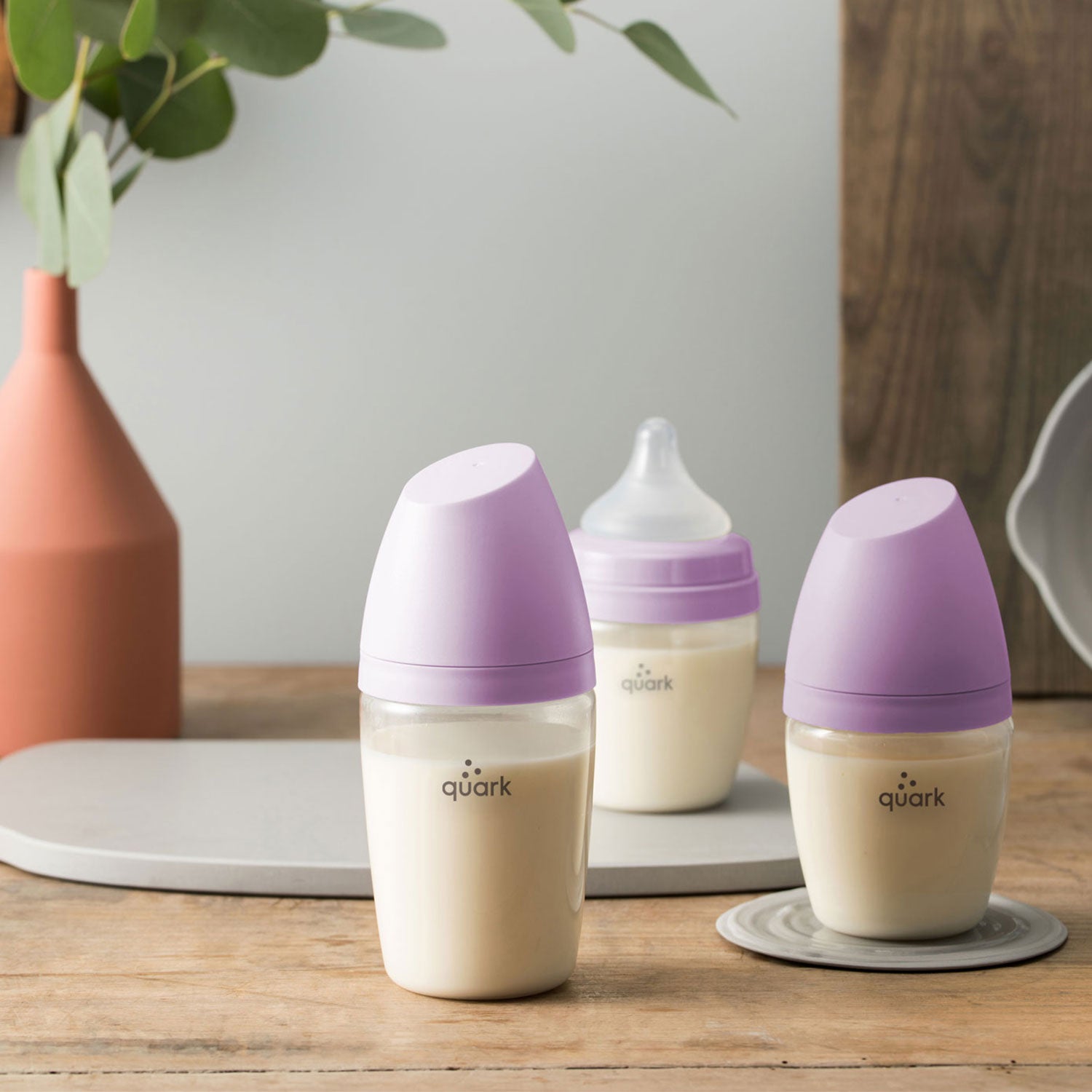



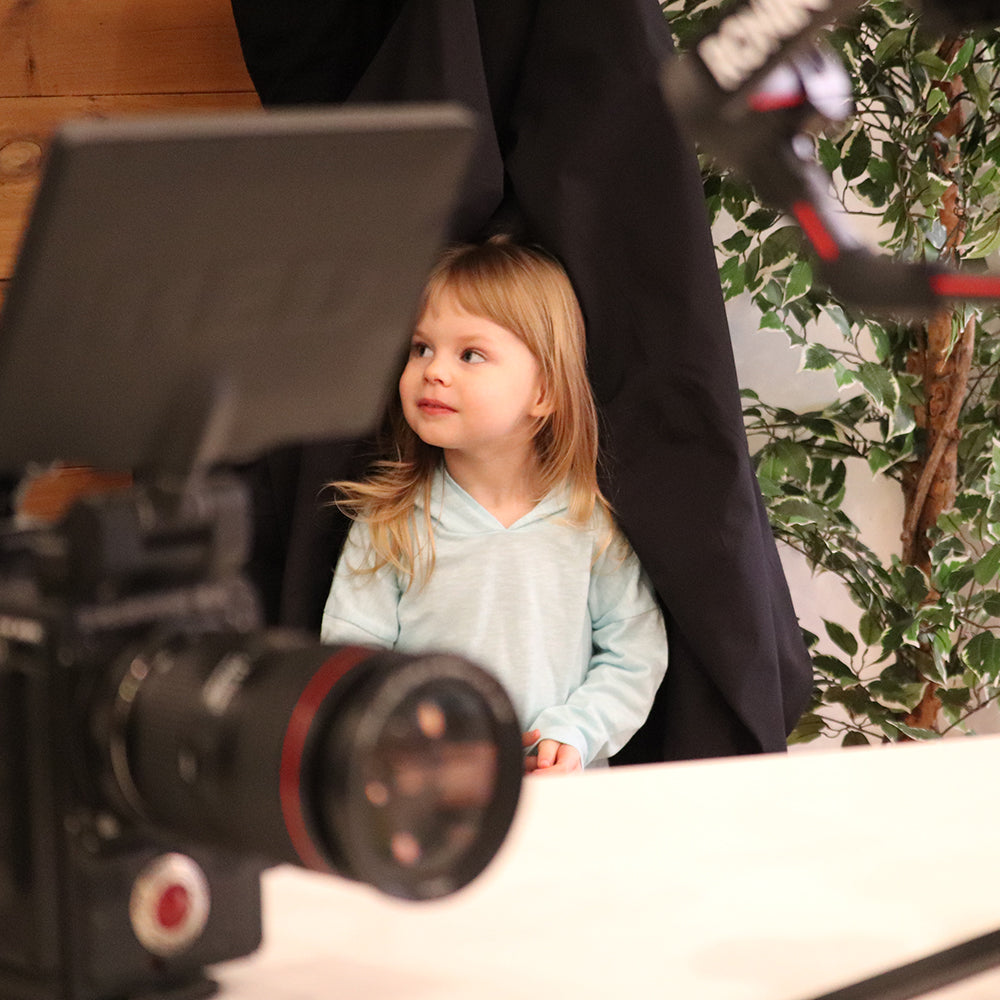
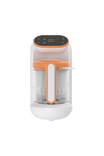
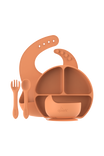
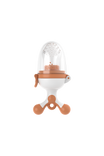
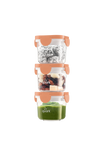
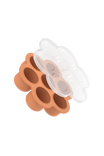
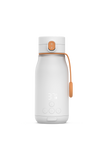
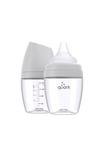
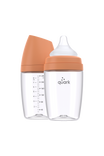
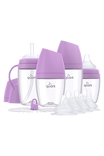
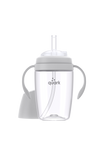
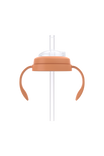
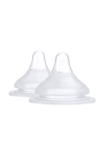
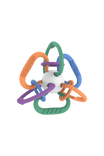


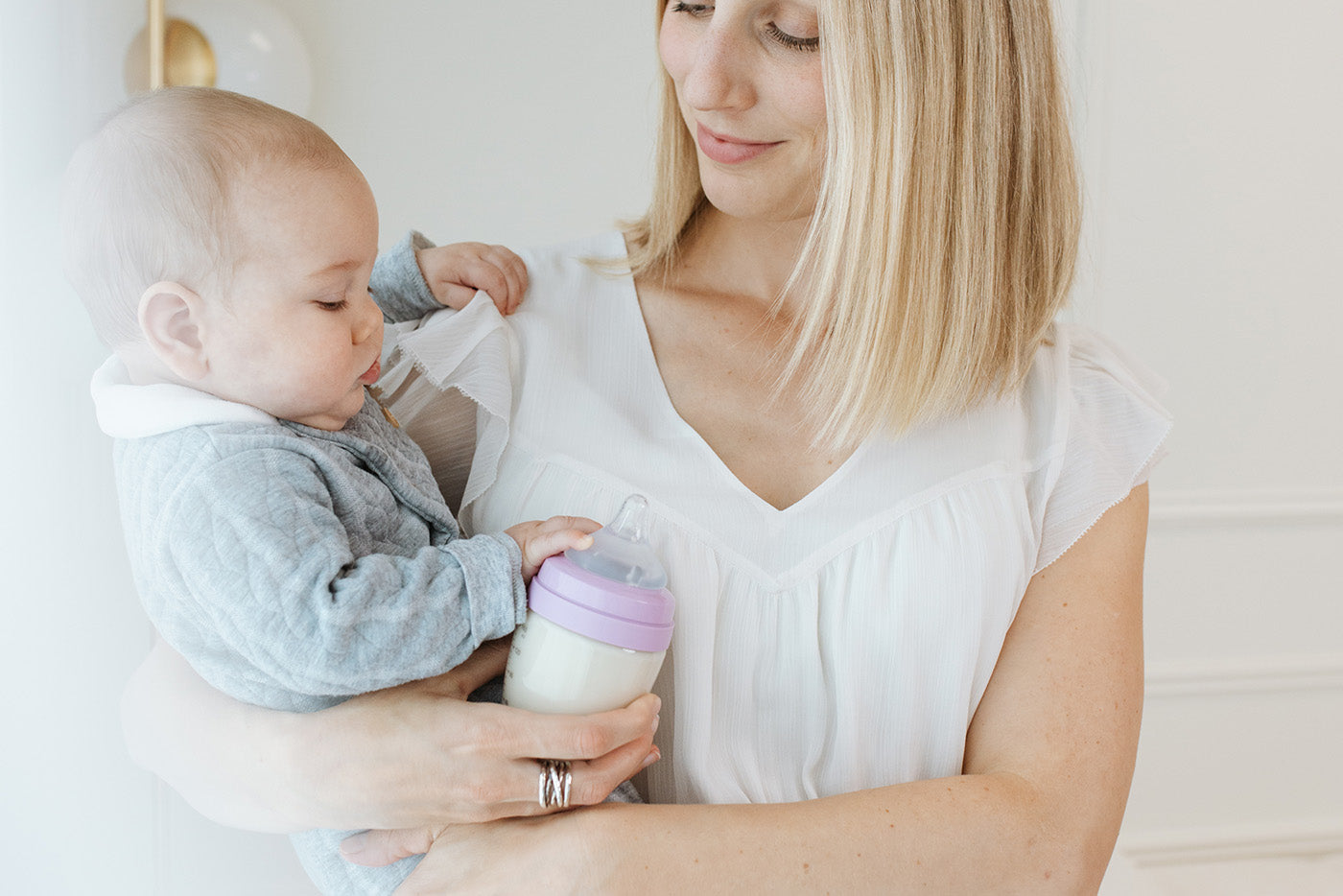

Leave a comment
All comments are moderated before being published.
This site is protected by hCaptcha and the hCaptcha Privacy Policy and Terms of Service apply.